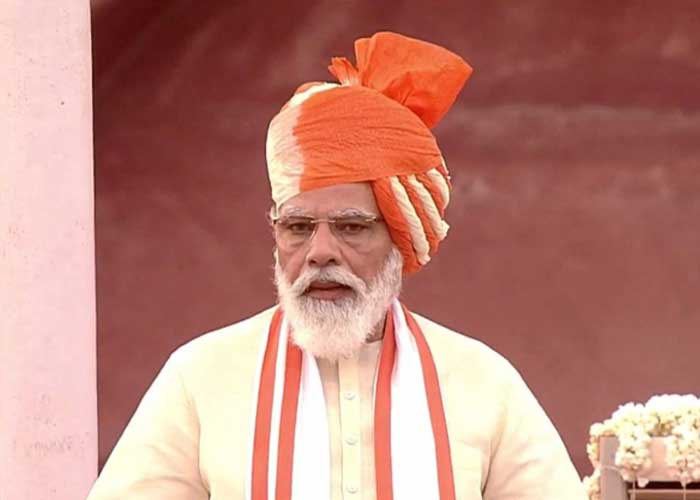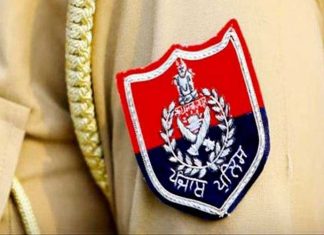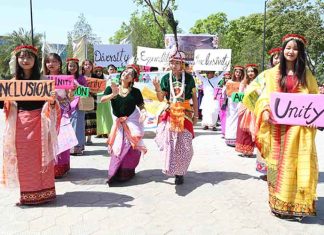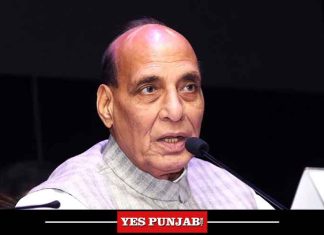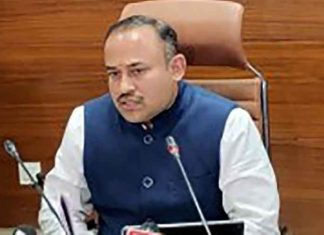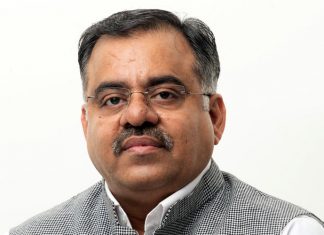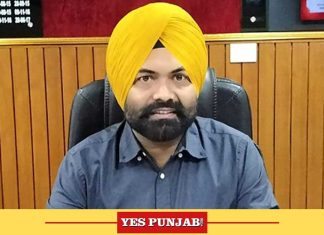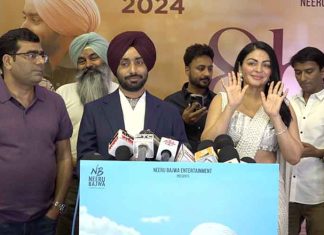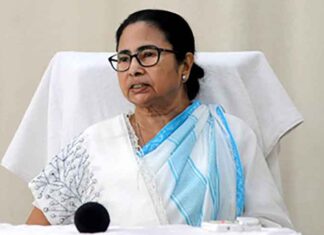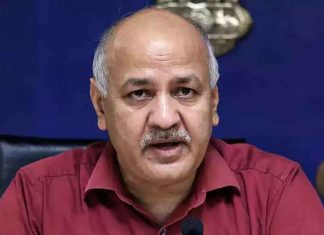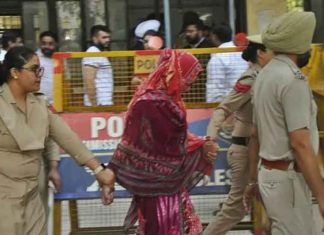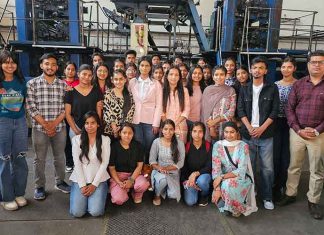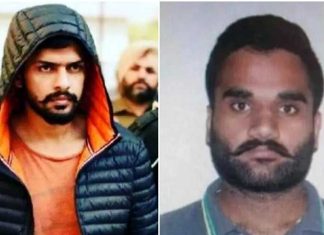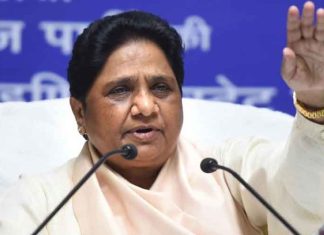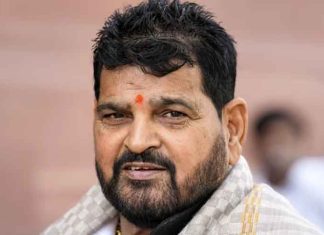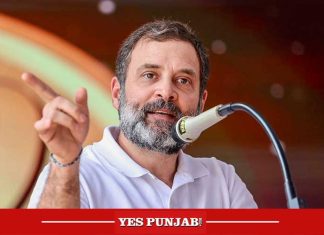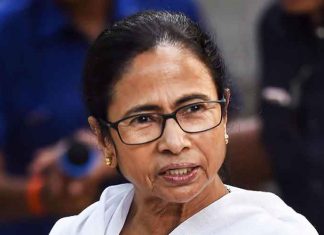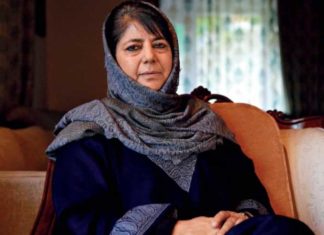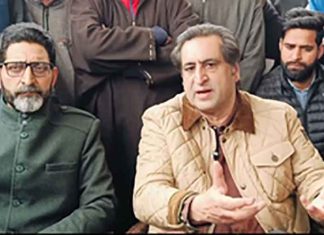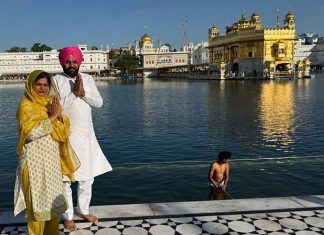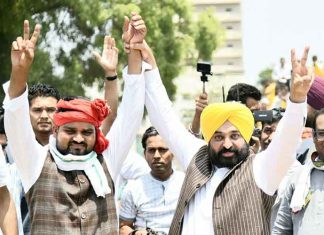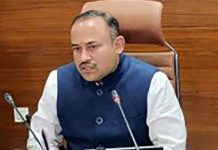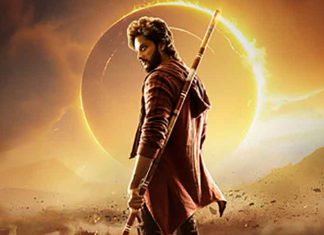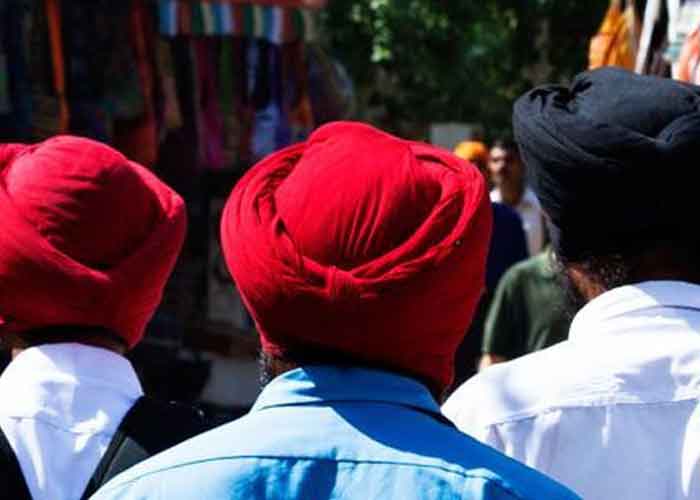In an environ of multiplicity of threats to national security — external and internal– facing India today, an interesting development is the appearance of ‘strategic experts’ who seem to be taking on the Modi government on its security, economic and foreign policies in a manner that is on all fours with what the opposition forces operating from within and outside of India, were putting out.
Specialists on Communism are analysing Kashmiriyat, those who granted ‘shared victimhood’ to Pakistan in the context of terrorism at Havana are talking of ‘peace’ parleys with that country on Kashmir and the policy makers who did not know how to respond to 26/11 are finding fault with the surgical strike at Balakot.
It is not difficult to trace back many of the current analyses to the past affiliations of the writers — the political tint in their projections is not subtle enough to be missed. Of course, there are many observers whose assessments are objective, politically clinical and free of tilts caused by personal proclivities.
The biggest pitfall of strategic analysis, which is not uncommon, is that the experts ended up saying what the policy makers would want to hear on a particular issue. Politicisation of national security is something that was not uncommon in India and it seems the current campaign against the Modi government was being bolstered up by many beneficiaries of the past regime.
It is possible that these commentators had still not come out of a past era to take cognisance either of the new depth of Sino-Pak collusion presently operating against India or of the shift that the global geopolitics was making in the direction of a new Cold War owing to a constant deterioration of relations between US and China. India has to be on the side of the democratic world in this tussle.
Considering the stand of the opposition on the most important security issues of the present, it is noticed that the abrogation of Arts 370 and 35A in relation to Jammu and Kashmir is being faulted on the ground that it was ‘too sudden’, the policy of the Modi government to go tough on the Chinese aggressiveness on LAC is being belittled as an abandonment of the ‘tested’ policy of equidistance from the power blocs and the air strike at Balakote in response to the terror attack by the Pakistan-controlled Jaish-e-Mohammad on a CRPF convoy at Pulwama in February 2019, in which 40 Jawans were killed, is being run down as a politically motivated act of showing Prime Minister Modi as a ‘strong’ leader.
All these decisive initiatives of the present regime are ‘successes’ that the anti-Modi forces, including the dated experts, seem to find it hard to digest. One is reminded of Henry Kissinger who, after he ceased to be the Secretary of State of the US, commented on Camp David talks of 1978 between Egypt and Israel with the lament that he found it hard to believe that so much was being achieved ‘when he was not around’.
The abolition of the special status of Jammu and Kashmir came as the culmination of agonising years of connivance of the so-called mainstream parties of the Valley with the pro-Pak separatists that led the former to maintain absolute silence — for their political vested interests — on the increasing boldness of Pak Army-ISI combine in infiltrating terrorists into the Valley to conduct a ‘proxy war’ against India.
It was in the Nineties that there was a cataclysmic rise of violence in the state as Pak ISI, flush with the success of the anti-Soviet armed campaign in Afghanistan, decided to replicate the Afghan Jehad in Kashmir by pumping in battle-hardened Mujahideen into the Valley. Old hands remember how Harkut-ul-Ansar created havoc in 1993 — it was only in 1996 that a successful election could be held in the state in the face of great problems.
The cycle of democratic polls remained unbroken thereafter but the unfortunate factor of democratic parties of this border state not being able to shed their dependence on separatists — now organised on the platform of Hurriyat Conference with its total loyalty to Pakistan — in the elections, caused double jeopardy to India.
While in power in the state these parties on the one hand gave a free ride to Pak agents and, on the other, took a political line that even for controlling stone pelters India must talk to Pakistan. As the leader of a new coalition with the BJP, Mehbooba Mufti, ended up harming the cause of India by not taking action against organised stone pelting and even refusing to name Pakistan for crossborder terrorism.
The problem in Kashmir was that the average Kashmiri had no say in the governance of the state. Pakistan had no use for Kashmiriyat — it was continuing to bank on extremists, including Islamic radicals, for claiming its right on Jammu and Kashmir as a Muslim majority state. It would have been better if Mehbooba Mufti was asked to condemn the forces that ousted Kashmiri Pandits from the Valley before being offered Chief Ministership of the coalition government.
For India, Kashmir is a territorial matter not a ‘Muslim’ issue and Pakistan, after parcelling away part of POK to its new strategic partner, China, pushed its hostility towards India to a new high. India needed to show the political will to end the mischief being caused in Jammu and Kashmir by external and internal elements who were taking advantage of the ‘temporary’ provision of special status allowed in Art 370 for this border state.
It needed a Prime Minister of integrity to stop the ongoing malady of corruption and misgovernance that was jeopardising national security in Jammu and Kashmir. Conversion of Jammu and Kashmir into a Union Territory for a finite period will help the Centre to clear the backlog of lack of development, denial of equitable rights to all the people of the state and absence of accountability and put down cross-border terrorism with greater efficacy.
Critics of the action taken by the Modi Government are left with the only option of resorting to jargons like loss of ‘autonomy’, suppression of the ‘voice of the people’ and ‘over-deployment’ of armed personnel in Jammu and Kashmir.
Not one of these political opponents and the analysts in their support have ever condemned Pakistan for letting loose Islamic militants in the Valley to destroy ‘Kashmiriyat’ — do they even know what the social message of Sufism was?
For the politicised class of strategic analysts, the surgical strike at Balakot was not a timely message to Pakistan that India would impose cost on it for its terror misadventures but only a move to show Prime Minister Modi as a strong leader — this was carrying politics too far at the cost of national interest.
But this attitude of scoring a political point somehow on any matter pertaining to national security is on display in the context of India’s determined response to the aggressiveness of China on LAC as well. This is the time to applaud our security and defence machinery for standing up to a formidable power which was now colluding with Pakistan to take on India.
The confidence with which our forces are preparing to handle even a ‘two front’ war has to be supported and praised since this is a challenge not merely for the ruling party but for the entire nation as well.
India’s biggest security threat at present is from the Sino-Pak axis that is now targeting India militarily, operationally and diplomatically. The external dimension of this threat is matched by the potential these two adversaries have, of causing internal destabilisation in India by sending in arms, terrorists and funds including drug money for fomenting insurgency.
This is the first time that a Communist dictatorship is in total collusion with an Army-controlled dispensation that is more determined than it was ever before, to use Islamic militancy as an instrument of proxy war against this country.
India is accustomed to dealing with China and Pakistan as separate threats but the ‘give and take’ between them — the basis of that is the illicit gifting away of territory in POK by Pakistan to China — makes their alliance somewhat irreversible. India has to strategise for this new scenario.
There is very little authentic commentary on this enlarged security challenge facing India, possibly because even though the experts of the years gone by might still have some idea of what China under an ambitious President like Xi Jinping would be, they were fairly clueless about the rising threat of Islamic radicals emanating from Pakistan.
There is nothing in the course of talks held between India and China at the military and diplomatic levels since the Galwan incident of June 15 that gives India any reason to believe that Sun Tzu’s doctrine of ‘deception’ and ‘two steps forward, one step backward’ was not continuing to guide Xi Jinping.
The tone of moderation Chinese President showed at UNGA is compelled by India’s resoluteness to deal with any encroachments on LAC anywhere. The strategic analysts who caution against ‘provoking’ China are missing the point that the Chinese have to be tested not on words but on their activities on the ground. (Agency)

Click here to Like us on Facebook



